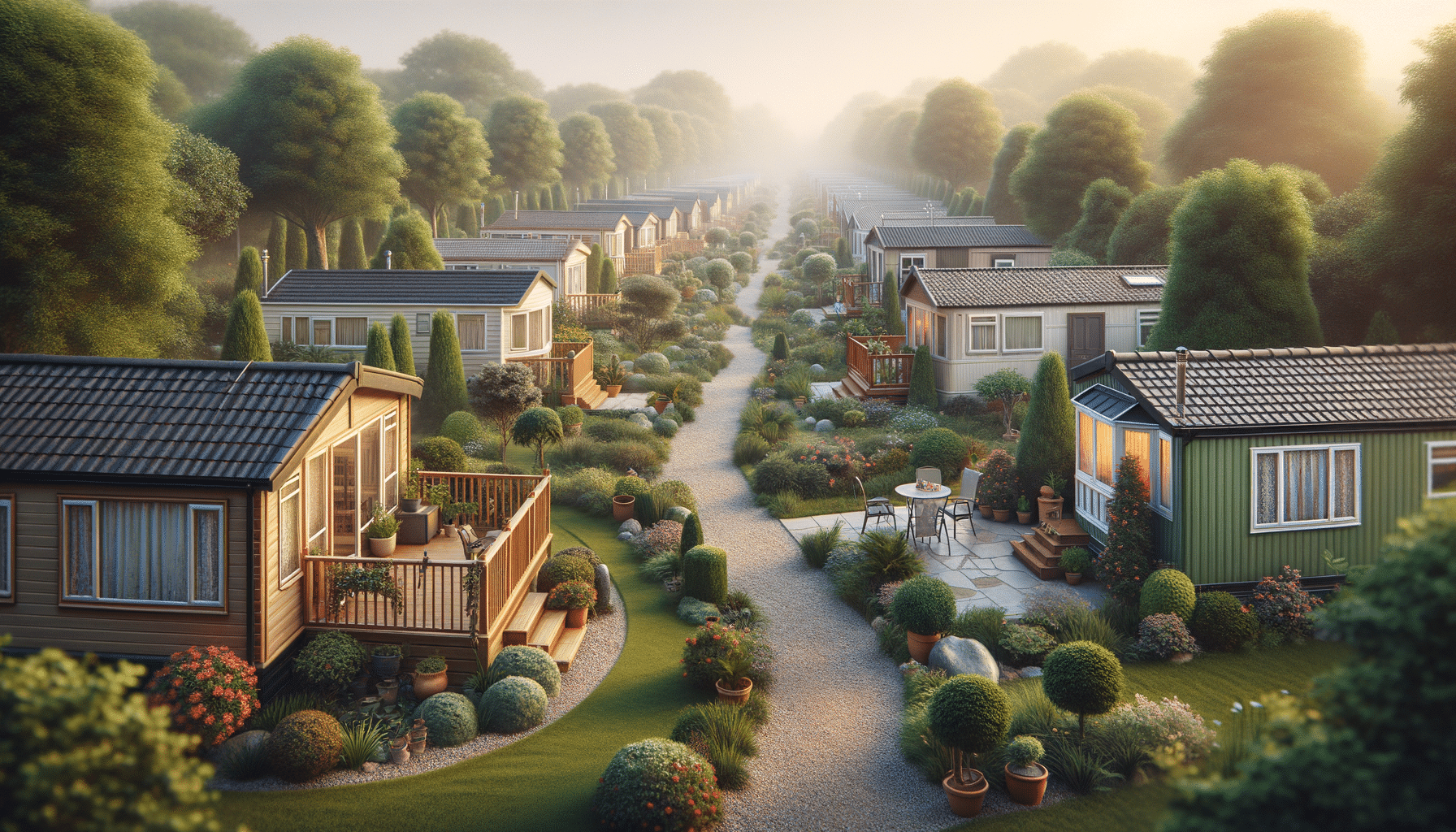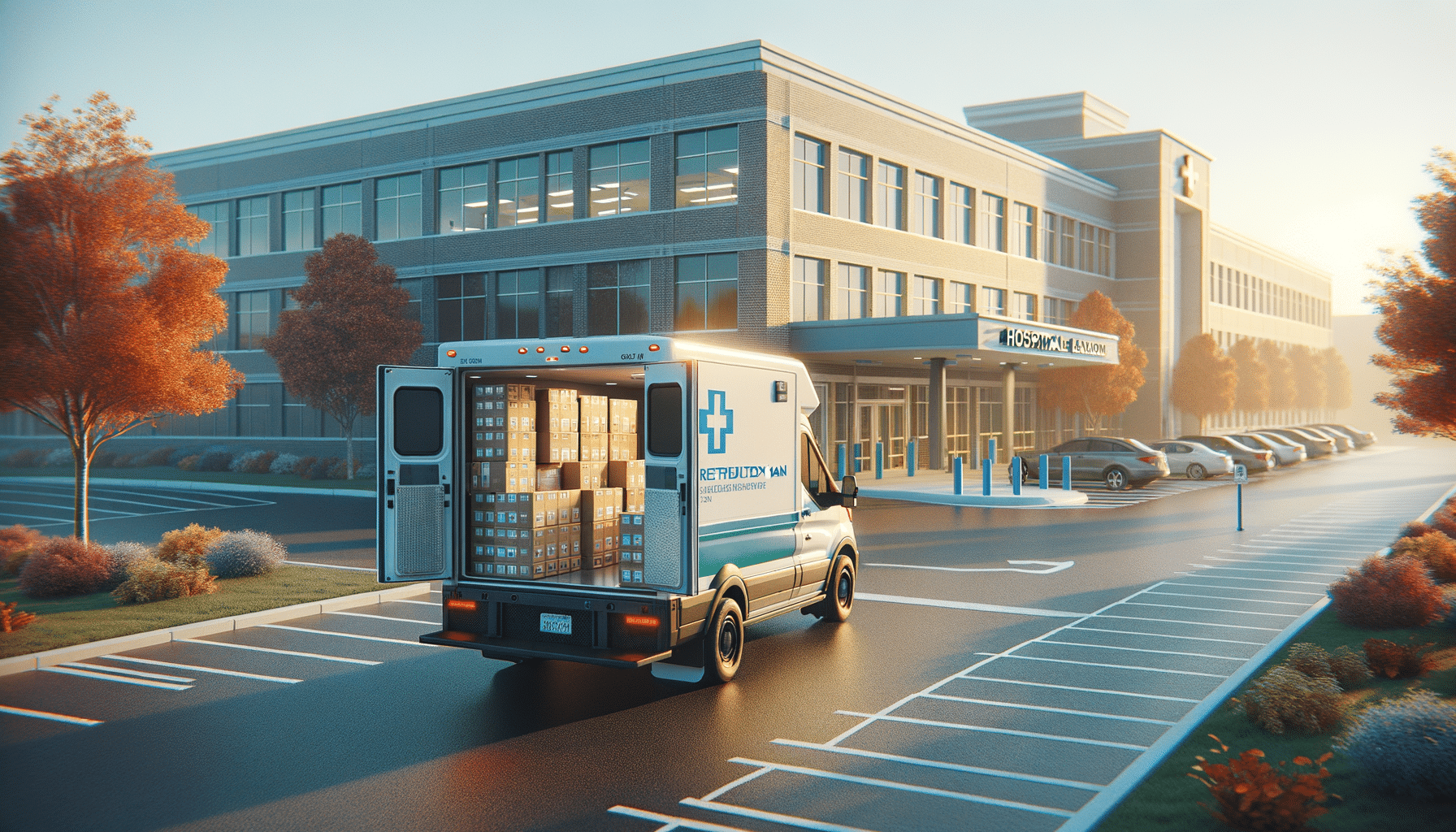
Low cost + high flexibility! Mobile homes are becoming a new solution for modern housing.
Introduction to Mobile Homes
Mobile homes have emerged as a significant solution to modern housing challenges, offering a unique blend of affordability and flexibility. As housing markets fluctuate and urban areas become increasingly congested, the appeal of mobile homes continues to grow. These homes provide a viable alternative for individuals seeking a cost-effective and adaptable living situation without the permanence of traditional housing.
The modern mobile home has evolved considerably from its origins, now offering a range of styles and amenities that cater to diverse preferences and needs. Whether used as a primary residence or a temporary living space, mobile homes present a compelling option for many. In this article, we’ll explore the various facets of mobile homes, from their economic benefits to their role in sustainable living.
The Economic Advantages of Mobile Homes
One of the primary attractions of mobile homes is their economic advantage. Compared to conventional houses, mobile homes are significantly less costly, both in terms of initial purchase and ongoing maintenance. This affordability makes them an attractive option for first-time homebuyers and those looking to downsize.
Mobile homes typically require less land, reducing the overall cost of homeownership. Additionally, property taxes are often lower for mobile home owners, further decreasing financial burdens. The lower cost of living in a mobile home can free up resources for other essential expenses or savings. For individuals seeking financial flexibility, mobile homes offer a practical and efficient housing solution.
Moreover, financing options for mobile homes have expanded, making them more accessible to a broader audience. Lenders now offer specialized loans that cater to the unique nature of mobile homes, providing potential homeowners with various avenues to secure their dream home.
Flexibility and Mobility in Design
The flexibility inherent in mobile homes extends beyond financial considerations. These homes are designed to be easily transported, allowing owners to relocate with relative ease. This mobility is especially appealing to individuals with transient lifestyles or those who simply enjoy the freedom to move without the constraints of traditional homeownership.
In terms of design, mobile homes offer a wide array of customization options. Modern mobile homes can be tailored to meet individual tastes and preferences, with choices ranging from interior layouts to exterior finishes. This adaptability ensures that mobile homes can cater to a wide demographic, from young professionals to retirees.
Furthermore, the compact nature of mobile homes encourages efficient use of space, often resulting in innovative design solutions that maximize functionality. This focus on smart design not only enhances the living experience but also contributes to the growing trend of minimalist living.
Sustainability and Environmental Impact
As environmental concerns become increasingly prominent, the sustainable aspects of mobile homes have gained attention. These homes are often more energy-efficient than their traditional counterparts, utilizing modern construction techniques and materials that reduce energy consumption.
Many mobile homes incorporate sustainable features such as solar panels, energy-efficient appliances, and superior insulation, which not only lower utility bills but also minimize environmental footprints. This commitment to sustainability aligns with the growing demand for eco-friendly living solutions.
Additionally, the smaller size of mobile homes means they require fewer resources to build and maintain. This reduction in material usage further underscores the environmental benefits of choosing a mobile home as a residence.
Community and Lifestyle Benefits
Beyond the practical advantages, mobile homes offer a unique lifestyle that appeals to many. Communities of mobile home owners often form tight-knit networks, fostering a sense of camaraderie and support among residents. These communities can provide a welcoming environment that enhances the living experience.
Mobile home communities are frequently located in scenic areas, offering residents the opportunity to enjoy natural surroundings and outdoor activities. This proximity to nature can improve quality of life and provide a tranquil escape from the hustle and bustle of urban living.
Furthermore, the simplicity of mobile home living often leads to a more relaxed lifestyle, free from the complexities and demands of maintaining a larger property. For those seeking a simpler, more fulfilling way of life, mobile homes present an appealing option.
Conclusion: The Future of Mobile Homes
In conclusion, mobile homes represent a viable and attractive housing solution for a variety of individuals. Their combination of affordability, flexibility, and sustainability makes them a compelling choice in today’s housing market. As more people seek alternatives to traditional homeownership, the demand for mobile homes is likely to continue its upward trajectory.
Whether driven by financial considerations, a desire for mobility, or a commitment to sustainable living, mobile homes offer a unique and effective solution for modern housing needs. As society evolves and housing challenges persist, mobile homes stand out as a practical and innovative option for the future.


